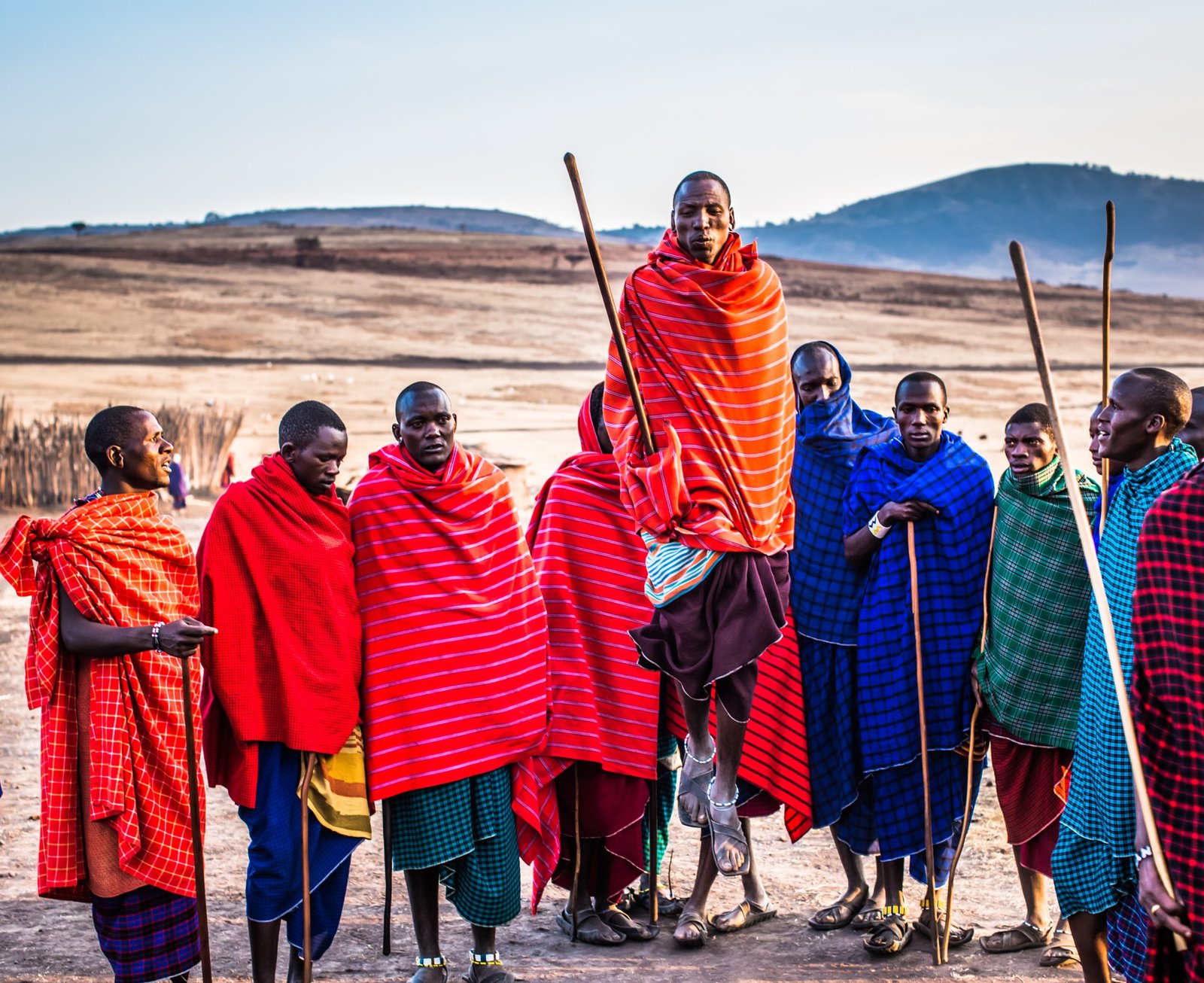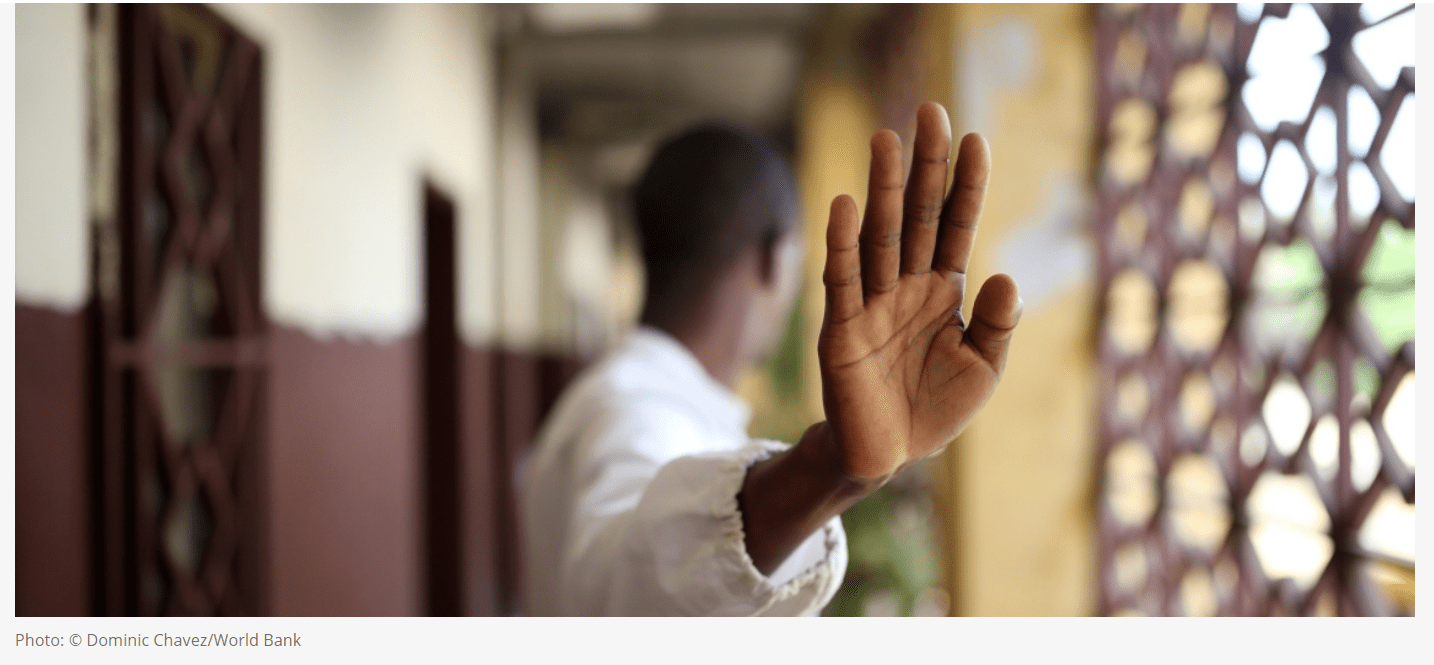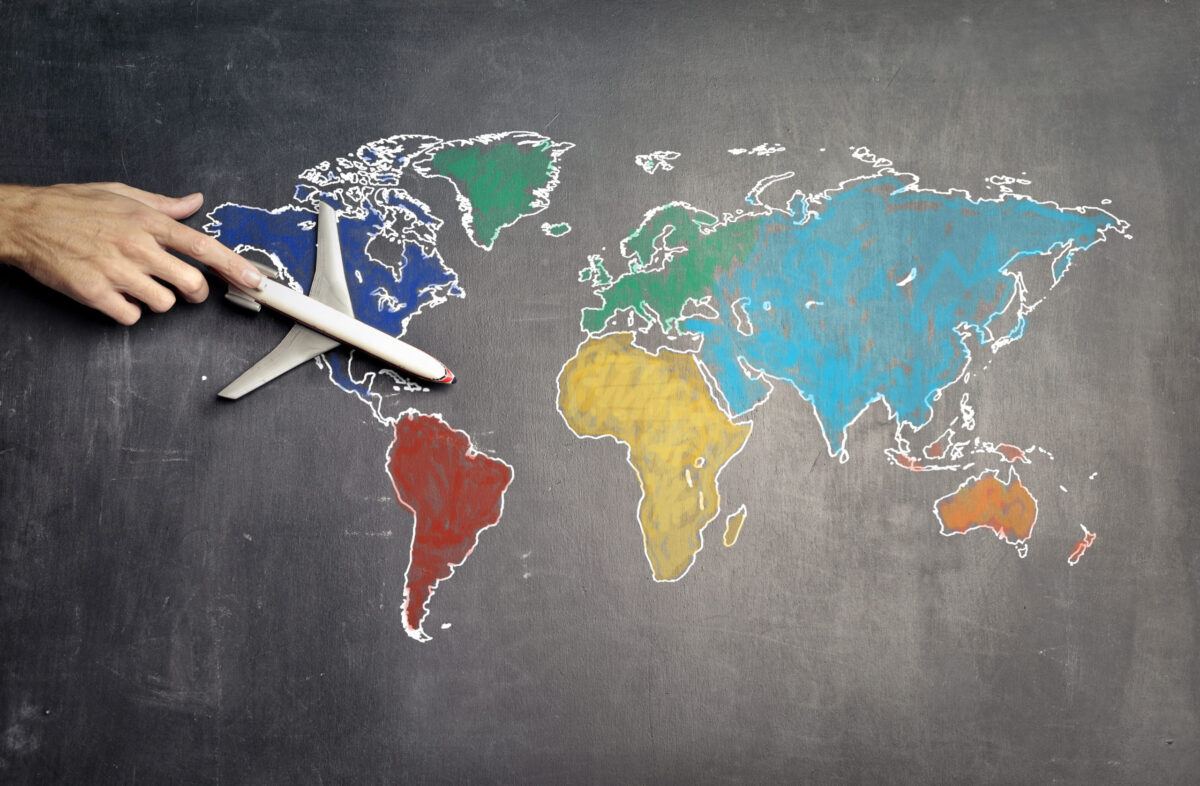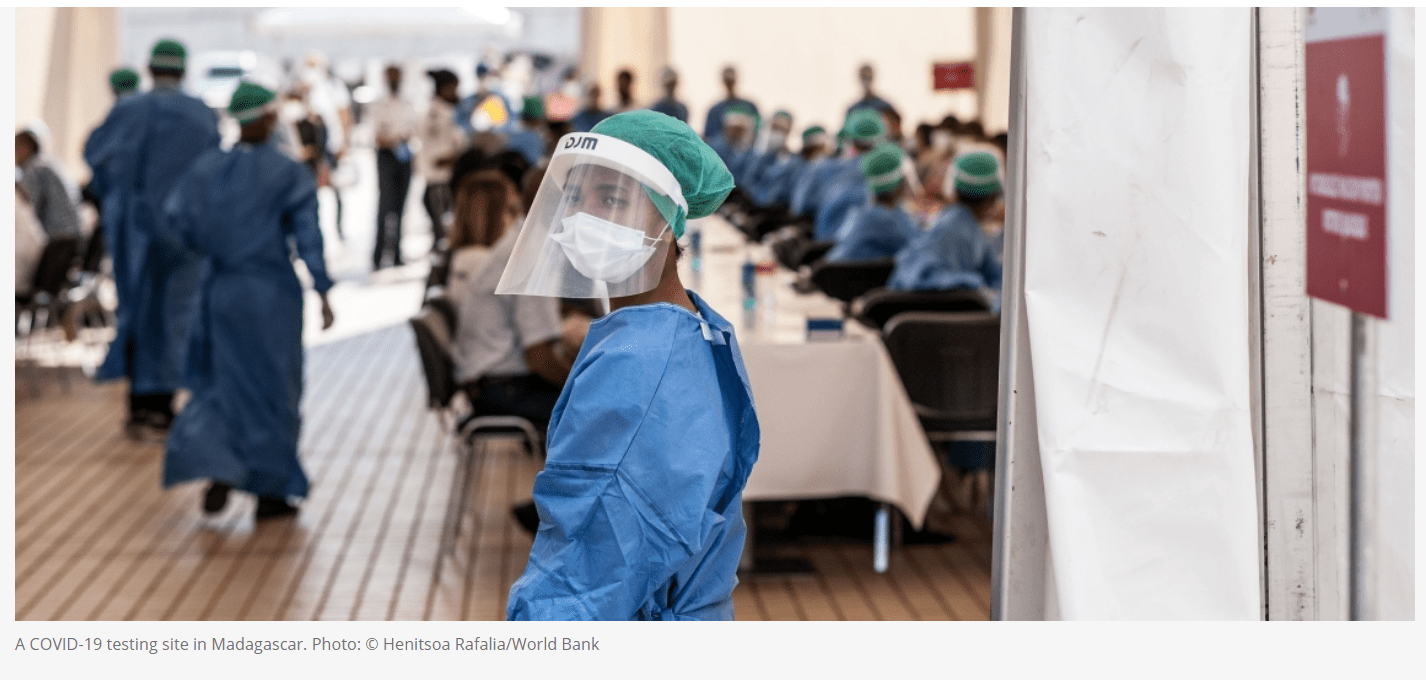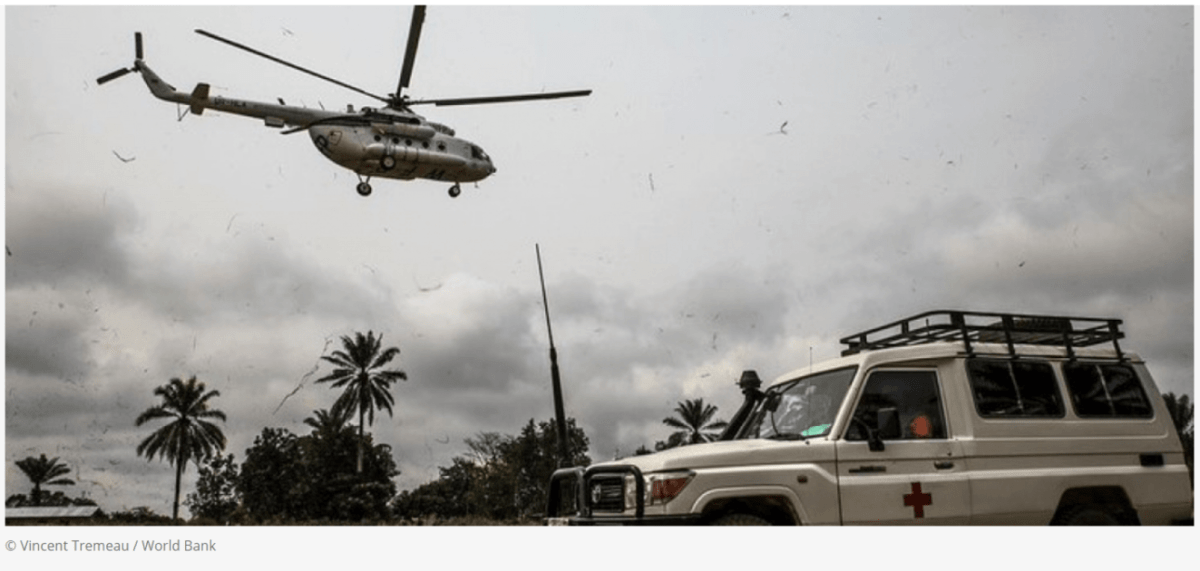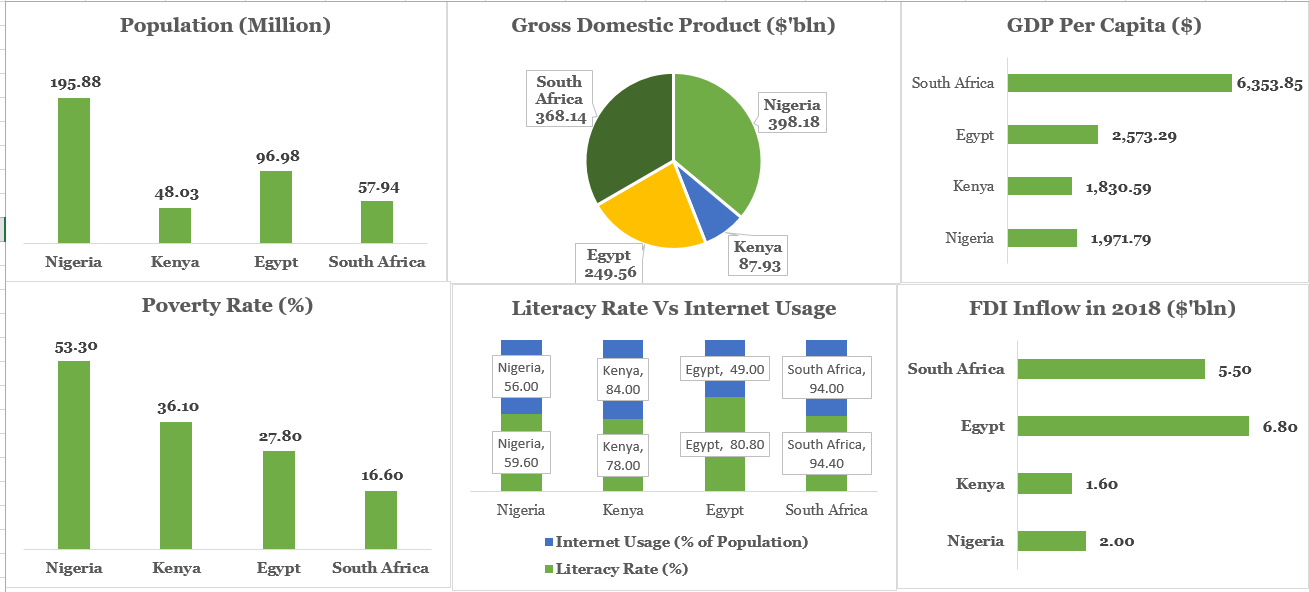A Proposal to End the COVID-19 Pandemic
Many countries have stepped up in the global fight against the pandemic, as have institutions such as the World Health Organization, the World Bank, Gavi (the Global Alliance for Vaccines and Immunization), the African Union, and others.
Yet, more than a year into the COVID-19 crisis, new cases worldwide are higher than ever. Urgent action is needed to arrest the rising human toll and economic strain.




